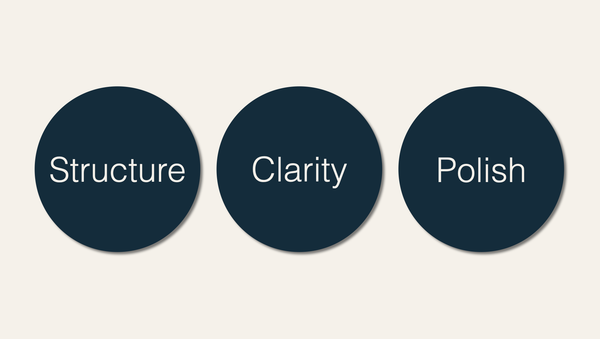Clarity isn't unprofessional. Confusion is.
The best financial communicators don't hide behind complexity. They cut through it. They replace "utilize" with "use." They break up walls of text. They explain concepts like they're talking to a smart colleague, not performing for an academic journal.

Rainy Mondays hit different when you're staring at a 47-page financial report.
You know the ones. Dense paragraphs. Jargon stacked on jargon. Sentences that loop back on themselves like a bad GPS route.
Your coffee's cold. The rain won't stop. And you're on page 12 wondering what "synergistic" actually means.
Here's the thing about plain language in finance: it's not about dumbing things down.
- It's about respecting people's time.
- It's about making complex ideas accessible without losing their substance.
- It's about writing so clearly that even on a grey Monday morning, your reader doesn't need three cups of coffee to understand your point.
The best financial communicators don't hide behind complexity. They cut through it. They replace "utilize" with "use." They break up walls of text. They explain concepts like they're talking to a smart colleague, not performing for an academic journal.
Because clarity isn't unprofessional. Confusion is.
And on rainy Mondays especially, your readers will thank you for getting to the point.




